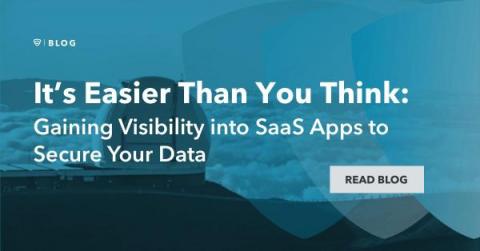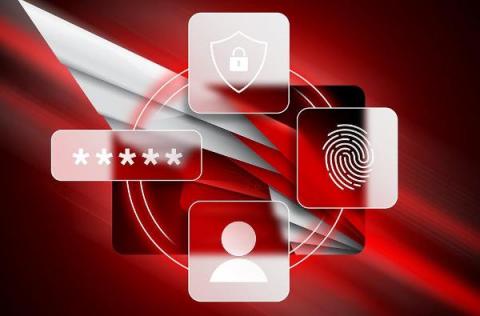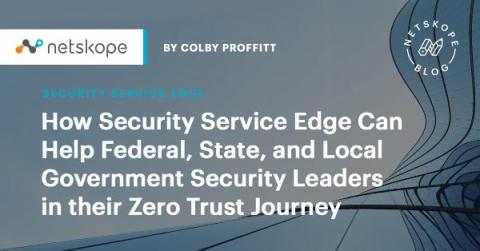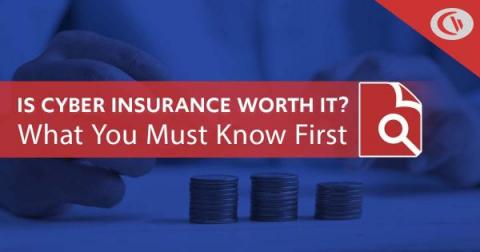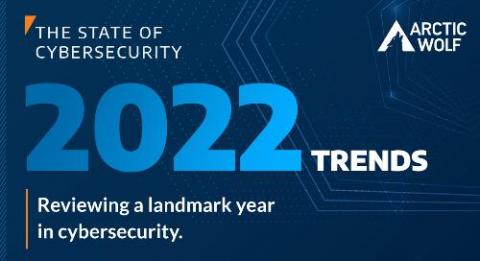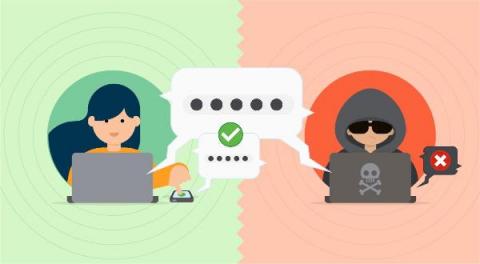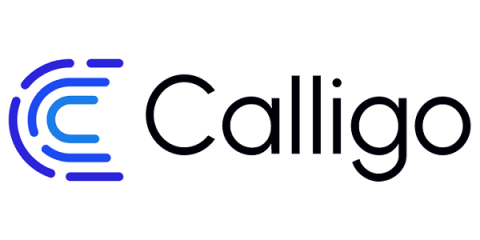It's Easier Than You Think: Gaining Visibility Into SaaS Apps To Secure Your Data
Software-as-a-Service (SaaS) apps have become essential to how most of us run our organizations and stay productive — especially over the last two years. On any given day, you’re likely messaging colleagues using Slack or Teams, sharing files with partners from Google Drive or Microsoft SharePoint, or working in Workday or Salesforce to perform an HR- or sales-related business process.


